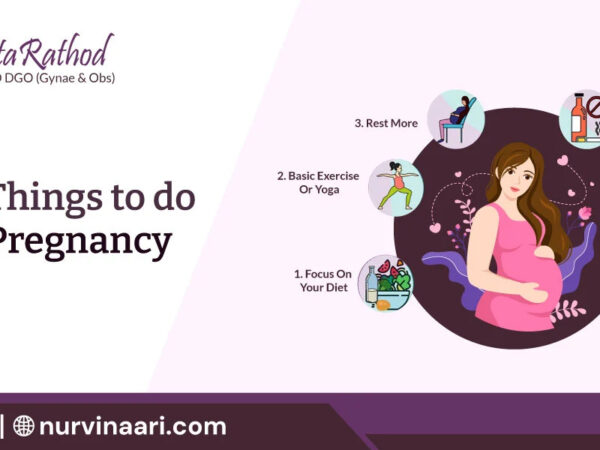Feeling those little jabs or kicks during pregnancy is the most beautiful feeling for soon-to-be moms. It also reassures you that your baby is doing well in your womb and is growing normally. As a woman enters the third trimester, the little flutters may turn into big kicks.These strong movements are super adorable. The same movements can raise concerns when they are not felt, especially later in pregnancy. This signals a prompt visit to the maternity hospital in Thane. That said, decreased fetal movements aren’t always a cause for concern. Read on to learn why it happens and when a lack of a baby’s movements is concerning.
Common Causes of Decreased Fetal Movement
Here’s what causes changes in the baby’s movements in your womb.
A Hectic Day
If you have been super active all day with your household chores, office work, or exercise routine, your baby might be lulled to sleep and not move much. Too much stress can make it difficult for the mother to notice their baby’s movements.
Diet
Most women notice increased fetal activity when they have a diet rich in carbs and sugar. On the other hand, if your blood sugar levels drop, your baby may not be active. Sometimes, babies move when the mother is hungry, eventually getting quieter after the mother eats.
Sleep Cycles
Your baby will have periods of deep sleep in your womb. Unfortunately, that doesn’t always align with your sleep cycle. They might be snoozing when you are active and start kicking when you are trying to fall asleep. Their sleep cycle could last up to 90 minutes.
Baby Growing Bigger
As your pregnancy progresses, your uterus keeps stretching to accommodate the growing fetus. By the ninth month, your baby might have less room to move around freely. You will still notice rolls and stretches, but they may not be as pronounced as the kicks you felt earlier.
Monitoring and Tracking Fetal Movement
Let’s see how you can effectively count your baby’s movements:
- Lie on your left as that encourages increased fetal movement
- Count their movements and see if they move at least 10 times in 2-3 hours.
- Drink chilled water or have a sugary drink to get your baby to move.
Medical Conditions Affecting Fetal Movement
If you don’t feel your baby’s movements, head to your doctor. There’s no specific decreased fetal movement treatment in Thane, but your gynecologist will monitor your baby’s heartbeat and give you tips on what you can do to get your baby moving. Here are some underlying medical issues that can slow or stop your baby’s movements.
Placental Insufficiency: Your baby will not move much if your placenta doesn’t supply sufficient oxygen and nutrients to the baby.
Cord Compression: Your baby’s movements may also decrease if the umbilical cord wraps around them, affecting their blood and oxygen supply.
Low Amniotic Fluid: Low amniotic fluid can reduce your baby’s activity in the womb. It’s essential to see your healthcare provider. You may have to deliver early if your amniotic fluid is below 5 centimeters.


